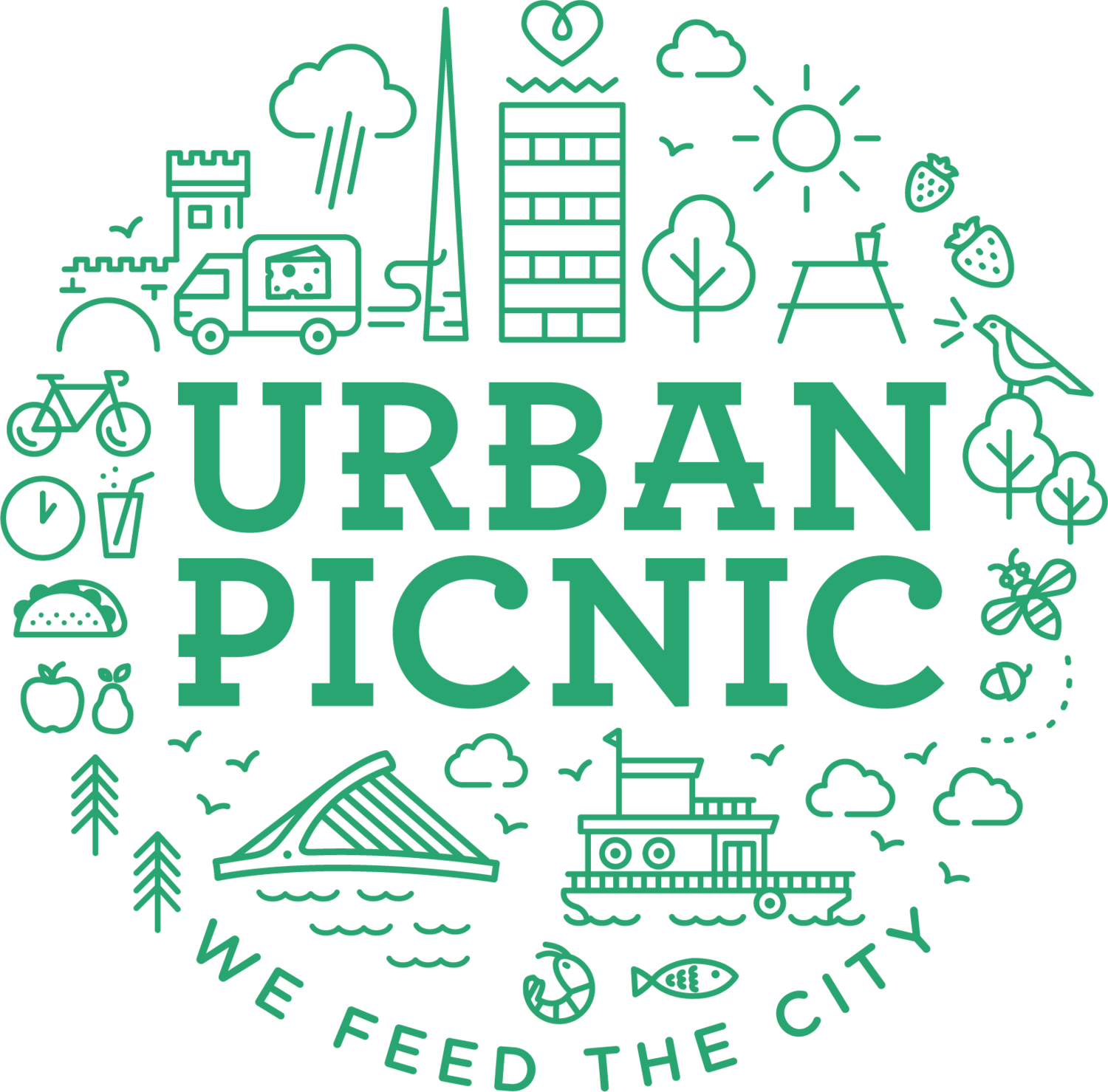Techies go to work on gourmet fare
What do Facebook staff eat? What's on the Twitter menu? Adrian Weckler meets the chef who cooks for Ireland's tech giants
GROWING up in the idyllic surroundings of Cashel Bay in Connemara, where his family ran the Zetland Country House Hotel, Gavin Prendergast knew he wanted to start his own business one day. “I didn’t care if it was a sweet shop, as long as it was mine,” he said. Unsurprisingly he stayed closer to his hospitality roots, establishing Urban Picnic in 2009, a catering company that has contracts with some of the biggest names in social media including Facebook, LinkedIn and Twitter. Prendergast studied hotel management at Shannon College of Hotel Management before working in a series of prestigious establishments including George V in Paris, Neil Perry’s Rockpool Bar & Grill in Sydney and the Gordon Ramsay restaurant at the Ritz-Carlton Powerscourt hotel. He left the Ritz-Carlton to enrol on a start-your-own-business course at the National College of Ireland by night, working as the food and beverage manager of a business centre in Fitzwilliam Square by day. “I had to pay my way while figuring out what kind of business to set up,” he said. At the time a Facebook “landing team”, a small group of people tasked with preparing for the arrival of a full-scale team, were setting up in Dublin. “I had an American friend who was always telling me about how amazing the food was at Facebook in San Fransisco and how all these new online companies were really into good food,” he said. “Fifteen years ago you couldn’t get a decent cup of coffee in Dublin,” said Prendergast. “Now you can get speciality coffee all across the country. Equally, 15 years ago there weren’t that many great restaurants outside of Dublin, now there’s hardly a part of the country where you can’t get a great meal. “The way I saw it, the only part of the trade that was still stuck in the dark ages was the catering sector.” Catering has long been the Cinderalla of the hospitality sector, allied with the word “industrial” and associated in people’s minds with hospitals, prisons and school dinners. “Corporate catering was much the same, it was still meat and two veg. There was nothing healthy and light, and that’s where I saw an opportunity.” He reckoned traditional catering stalwarts such as chicken and chips or lasagne weren’t likely to hit the spot for Facebook, a company that was going to have a young and multicultural workforce. “I came up with a concept called ‘clean food’ — light and healthy, with almost no butter, cream or flour. The kind of food you can eat for lunch and not be stuck to your chair for the afternoon.” The person in charge of setting up Irish operations put him in touch with Facebook’s “culinary overlord”, Josef Desimone. “Initially I thought the title was a joke but that’s actually his title,” said Prendergast. After an initial pitch over the phone, and a conversation that continued for many weeks, Prendergast was finally given a shot — he was allowed to provide breakfast at the new Facebook offices for three months. A rival would do lunch and dinner. Prendergast hopped in his car and drove to Connemara to explain the opportunity to his siblings, and ask for a €10,000 loan. He bought a van, equipment, and got to work in his kitchen, rising at 3am to bake seven different types of bread, roast hazelnuts and blend juices, ready for dropping off at 6.30am. His trial ran from September to December and was utterly stressful. “I can remember delivering in ice and snow and running every red light because I was afraid I’d skid if I braked,” he said. “I had to get there because if I messed up even once, I’d have blown my chance.” Further pressure came when Desimone arrived in Dublin to shadow Prendergast for a day. “He was a great guy, helped me carry out the bins and everything, but I’ve never been as exhausted as I was having him with me for a whole day — it was so stressful.” On the plus side, the feedback was almost immediately positive. “I had people telling me they were getting out of bed for my breakfasts.” By Christmas, he was told that not only was he to continue with breakfasts, but would be providing lunch and dinner too. He moved the company, by then called Urban Picnic, into a subsidised unit in the Liffey Trust, a not-for-profit organisation which assists start-up entrepreneurs, and took on his first staff, including a chef. The Liffey Trust was particularly supportive. “There were times when they’d wait for the rent because I was having trouble finding it. They just propped me up throughout.” Soon he was serving 200 meals a day. “My father had always said to us, ‘If you’re going to do something, do it better than anyone else,’ ” he said. “I felt we could do even better.” He drew up a list of his top five chefs in the country and approached each to explain his idea of wanting to provide light and healthy restaurant quality food in an office environment. One of them, Adrian Roche, a former chef patron of Jacob’s Ladder restaurant in Dublin, came on board. It was a huge coup for Prendergast — but it posed a financial problem. “I had to go back to my family and borrow money to pay his salary because, at the time, the company couldn’t actually afford him,” he said “But I knew it would be hugely important to have a chef of his calibre to work with.”



